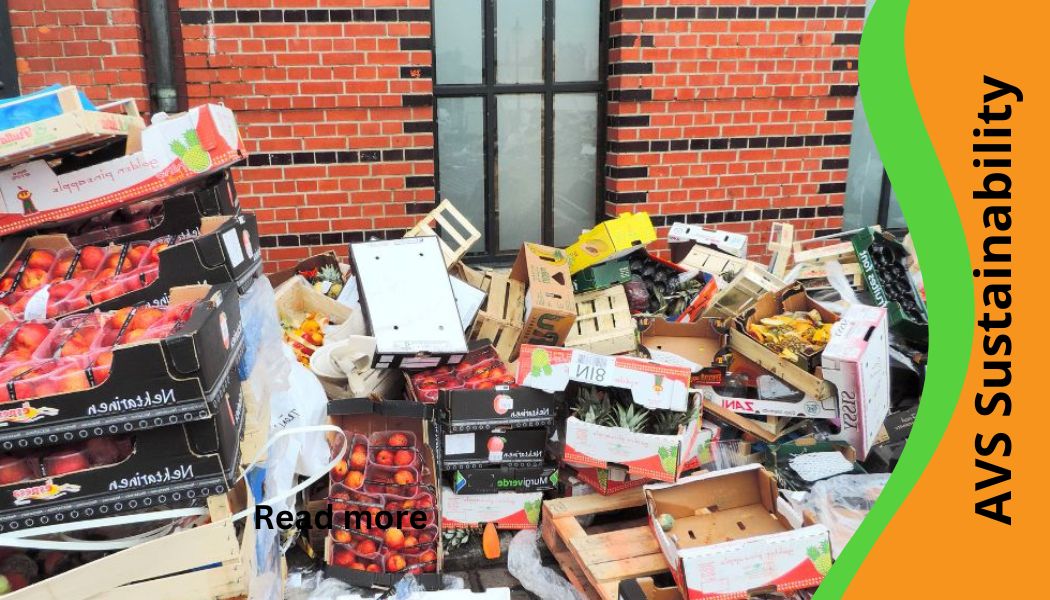Business have a significant role to play in reducing food waste and creating a more sustainable future. It’s shocking that around 1.3 billion tons of food are wasted globally every year, with businesses accounting for a substantial proportion of that waste. In addition to its impact on the environment and climate change, food waste also represents a missed opportunity to feed those who are hungry and reduce business costs.
Fortunately, there are many practical solutions that businesses can implement to help tackle this issue. Here are some ideas:
- Implement Food Waste Tracking: The first step to reducing food waste is to measure and monitor it. By tracking food waste in your business operations, you can identify areas where waste occurs and develop strategies to reduce it. So you can take action to minimise waste.
- Educate Employees: Your employees play a crucial role in reducing food waste. By raising awareness of the issue and providing them with training on proper food handling and storage techniques, you can help them to take actions that reduce waste. Consider offering regular training sessions on topics such as portion control, proper storage, and food labelling to help employees reduce food waste.
- Optimise Inventory Management: Overstocking and spoilage are major contributors to food waste in businesses. By streamlining your inventory management processes, you can minimise overstocking and spoilage, reducing waste and saving money. Consider donating surplus food to local food banks or charities to help feed those in need. By diverting food waste from the landfill, you can reduce the environmental impact of your business while also helping to feed those in need.
- Use Food Data Analytics: Data analytics can be a powerful tool in reducing food waste. By analysing sales data, you can gain insights into which products are selling well and which ones are not. This can help you adjust your inventory levels accordingly, reducing the likelihood of overstocking and spoilage. Additionally, by analysing food waste data, you can identify areas where waste is occurring and develop strategies to reduce it.
- Engage Customers: Your customers also play a role in reducing food waste. By educating them about the issue and encouraging them to make sustainable choices, such as ordering appropriate portion sizes and taking leftovers home, you can help reduce food waste in your business. Consider using social media, in-store signage, or other channels to communicate with your customers about food waste and how they can help reduce it.
These are just a few ways businesses can tackle food waste. By implementing strategies like food waste tracking, employee education, inventory management, food data analytics and customer engagement, we can make a real difference.
Don’t know where to start? Contact AVS Sustainability for free advice. We offer a variety of environmental sustainability solutions for businesses and can help you develop a food waste strategy.



